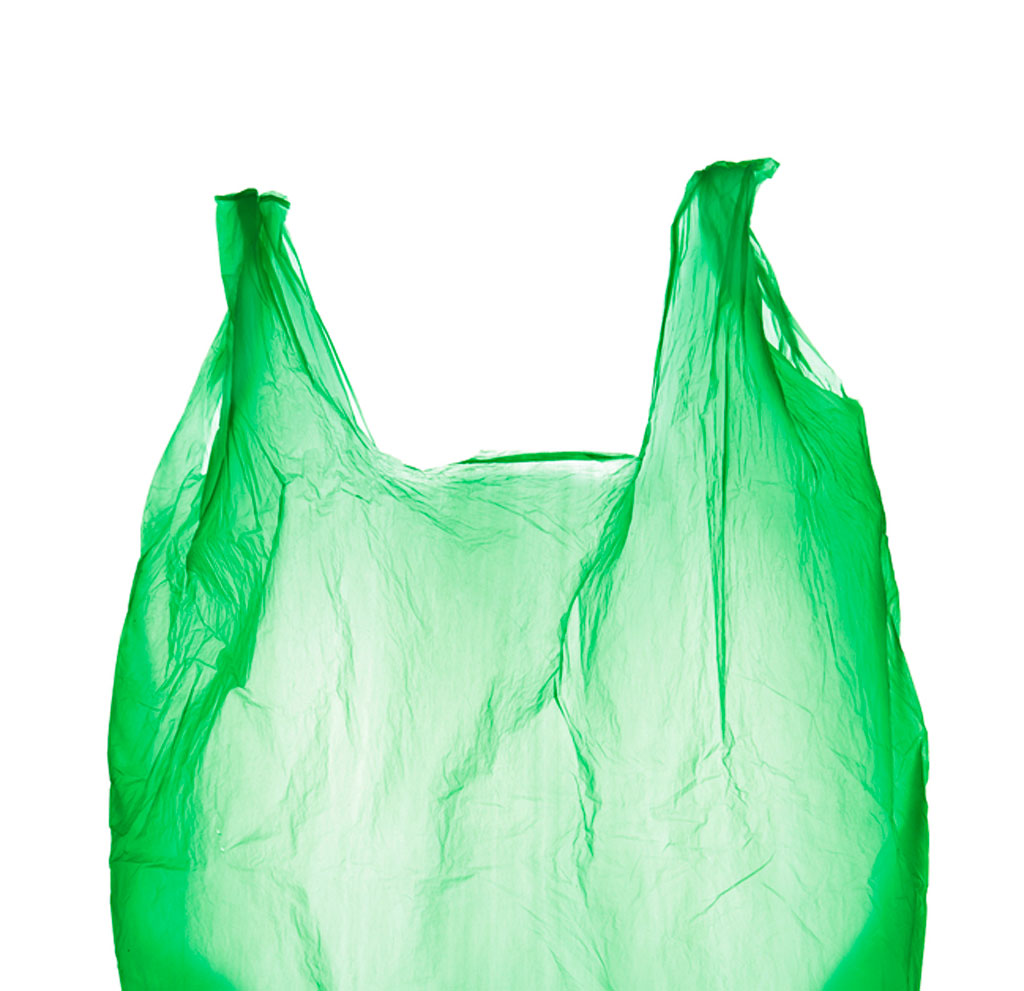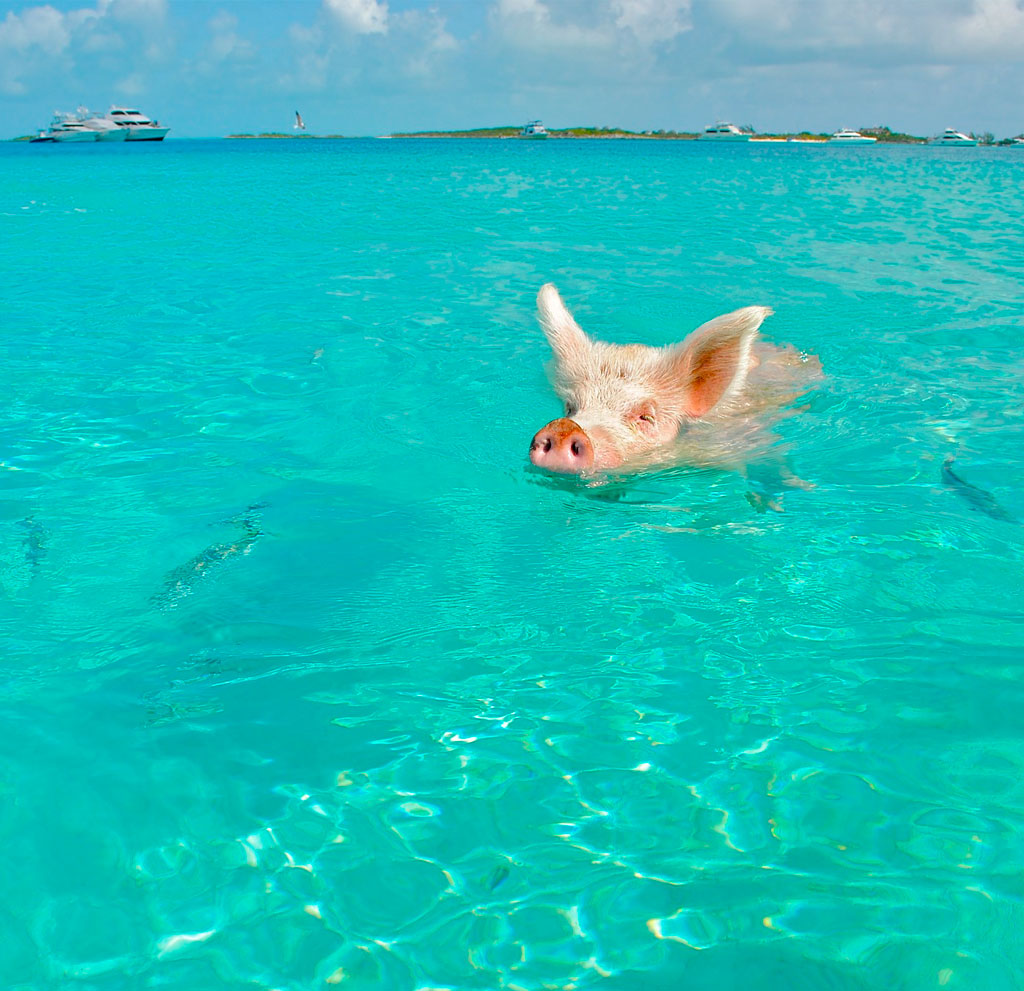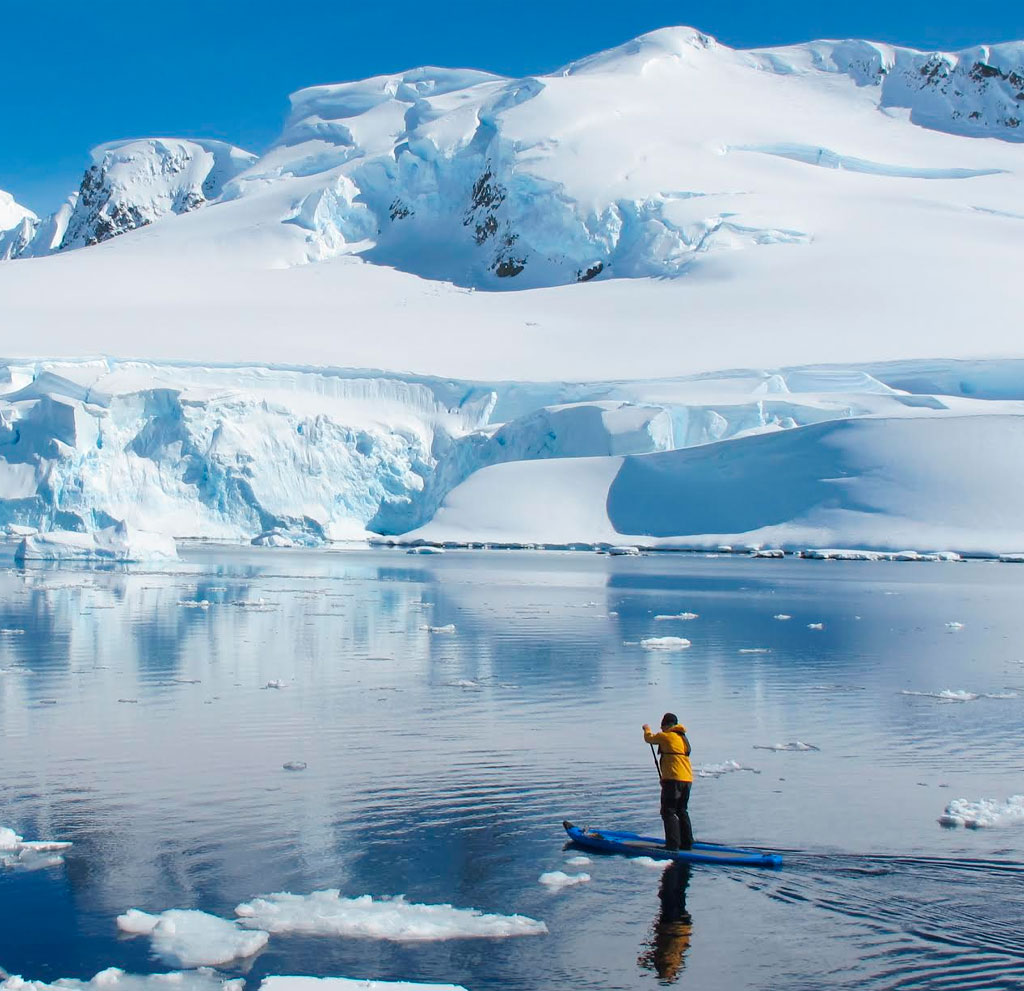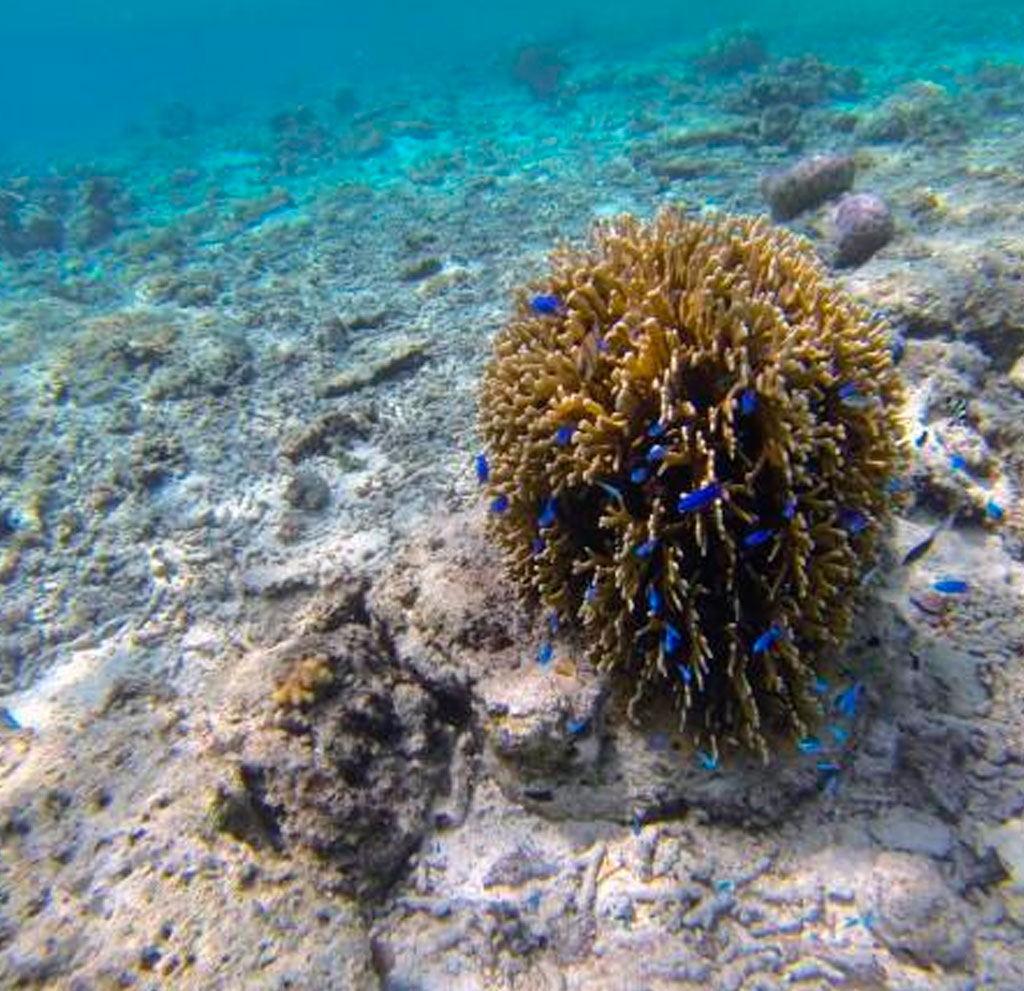Plastic Pollution Coalition is a growing global alliance of more than 1,200 organizations, companies and opinion leaders in 75 countries working for a world free of plastic pollution and its toxic impact on humans, animals, waterways, the ocean and the environment.

Significant evidence indicates that oxo-degradable plastics do not break down into harmless waste, but rather fragment into small pieces of plastic and contribute to microplastic contamination.

After a youth delegation from the Bahamas Plastic Movement called for the ban, the country will ban plastic bags in the first quarter of 2018.

Douglas Stoup ha esquiado más tanto al Polo Norte como al Polo Sur como jamás nadie lo ha hecho en el planeta.

Plastic Pollution Coalition has released a new film featuring interviews with scientists, explorers and environmental activists about microplastics.

A new campaign and children’s book raise awareness about the impact of balloon releases on wildlife and the environment.
Plastic never goes away.
Plastic is a durable material made to last forever, yet 33 percent are used once and then thrown away. Plastic cannot biodegrade; it breaks down into smaller and smaller pieces.
Plastic accumulates in the environment.
Americans alone discard more than 30 million tons of plastic a year; only 8 percent is recycled. The rest ends up in landfills or becomes ‘garbage’, and a small portion is incinerated.
Plastic ruins our groundwater.
There are tens of thousands of landfills around the world. Buried underneath each of them, the plastic leachate filled with toxic chemicals seeps into groundwater and flows downstream into lakes and rivers.
Plastic poisons our food chain.
Even plankton, the tiniest creatures in our oceans, are eating microplastics and absorbing their toxins. The substance displaces the nutritious algae that the creatures require from the food chain.
Plastic attracts other pollutants.
Manufacturer’s additives in plastics, such as flame retardants, BPA, and PVC, can filter out their own toxins. These oily poisons repel water and stick to petroleum-based objects like plastic debris.
Plastic affects human health
Chemicals leached from plastics are found in the blood and tissues of almost all of us. Exposure to them is linked to cancers, birth defects, impaired immunity, endocrine disorders, and other ailments.
Plastic threatens wildlife.
The entanglement, ingestion and alteration of habitat are the result of the plastic that ends up in the spaces where the animals live. In our oceans alone, plastic debris weighs 36 to 1 more than zooplankton.
Plastic costs billions to remove.
Everything suffers: tourism, recreation, business, the health of humans, animals, fish and birds, due to plastic pollution. The financial damage continuously inflicted is incalculable.